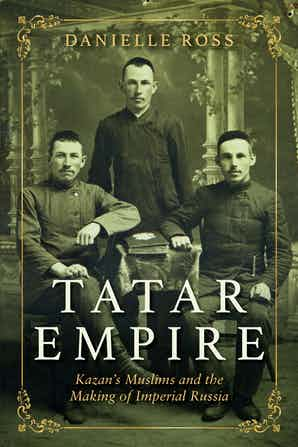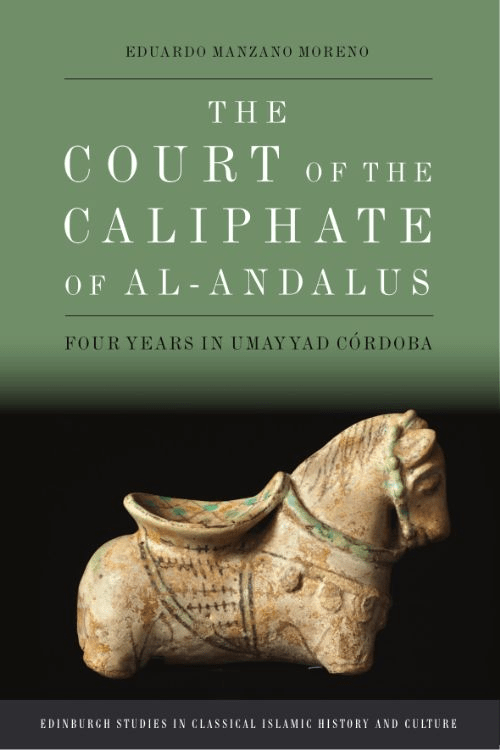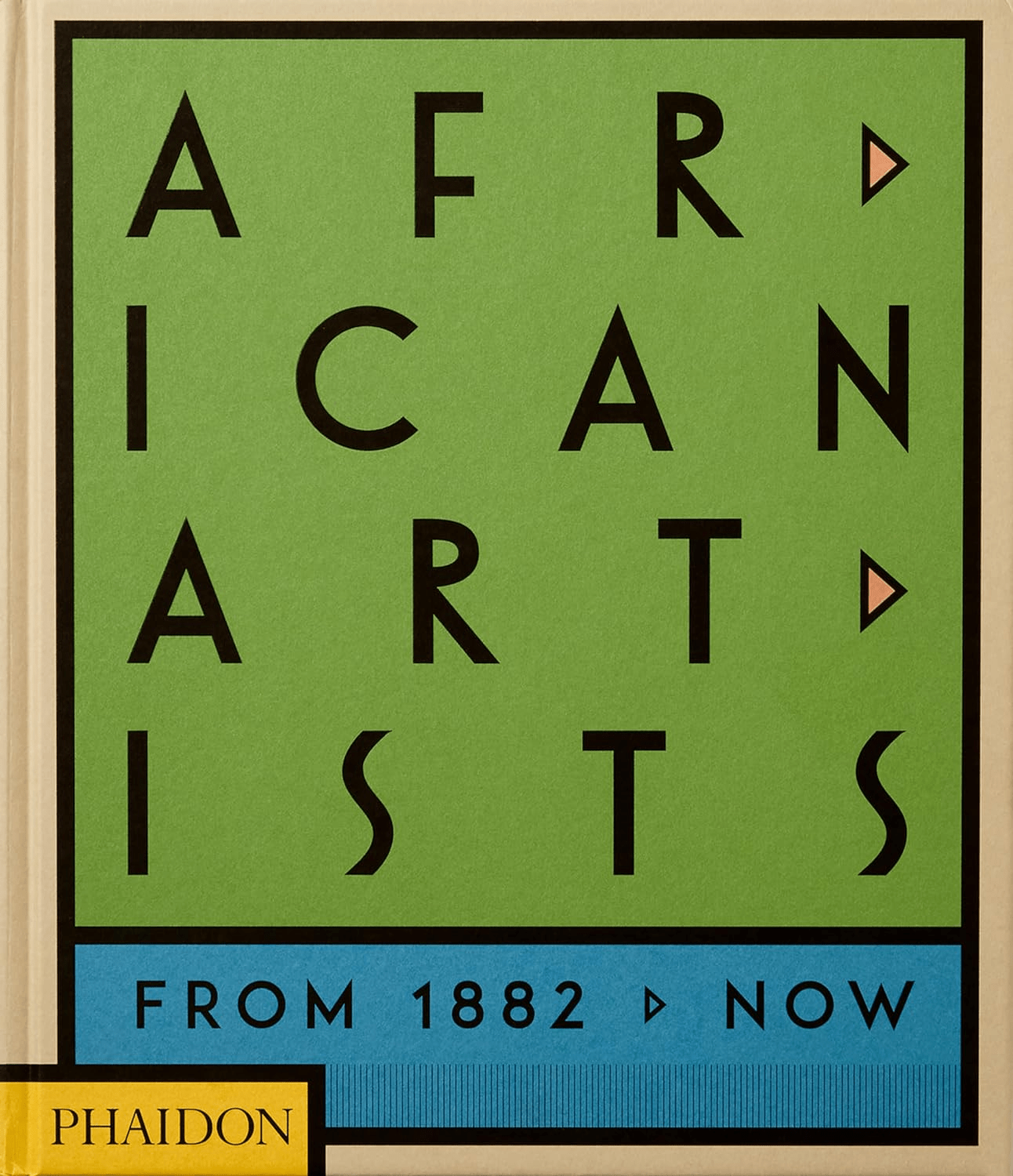
Tatar Empire: Kazan’s Muslims and the Making of Imperial Russia
Alva Robinson
Danielle Ross
2020, Indiana UP, 978-0-25304-571-3, $30 pb.
Ross argues that the Kazan Tatars, who had settled along the Volga River as early as the eighth century CE, played a key role in the rise of the Russian empire some 10 centuries later. After the Russian conquest of their khanate in 1552, Kazan Tatars began forming “a new identity for themselves” in response to 17th-century crises including the impact of Russian policies against their own local leadership bodies. The remnants of the Kazan Tatar nobility adapted, creating a “codependent relationship” with Russian officials that “began to empower specific networks within Kazan Tatar society and to facilitate the extension of those networks [away] from their homeland” to the Urals, western Siberia, the Kazakh steppe, and the Russian-Chinese borderlands. Although Ross neglects to define the cultural and linguistic identity of Kazan Tatars, she succeeds in tracing the “relationships among the multitude of jurists, shaykhs, merchants, industrialists, bureaucrats, teachers, rebels, revolutionaries” that blurred “the categories of colonizer and colonized” and figured significantly in the rise of the Russian state.
You may also be interested in...

New Perspective Offered in The Court of the Caliphate of al-Andalus — Our Book Review
Author Eduardo Manzano Moreno gives life to a court scribe’s observations of Córdoba to offer a rarely explored view of the era
A Century of African Art, in 300 Voices, All in One Book
From Cairo to Khartoum to Casablanca, this volume traces how African artists have shaped—and reshaped—modern art over the past century.